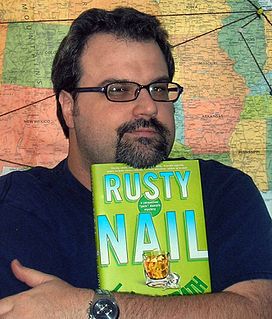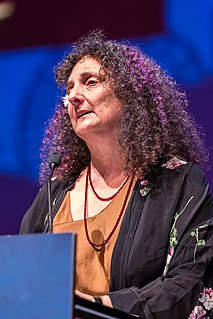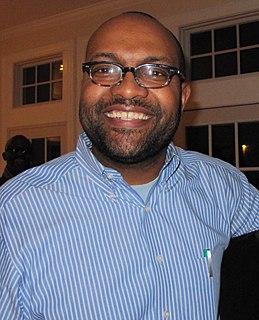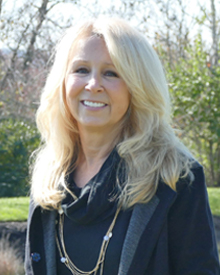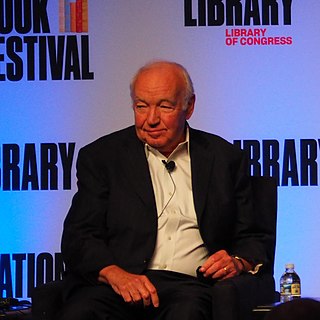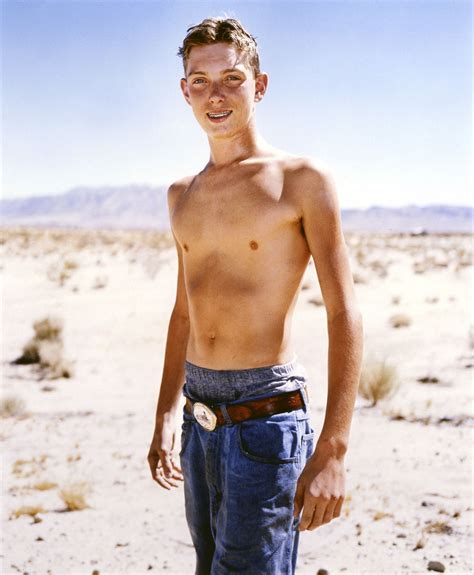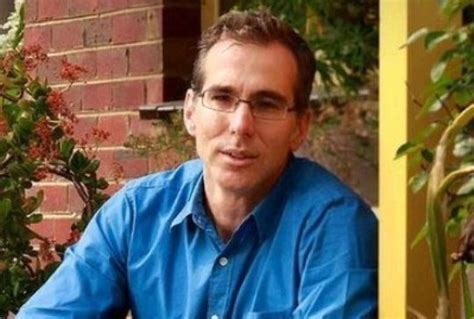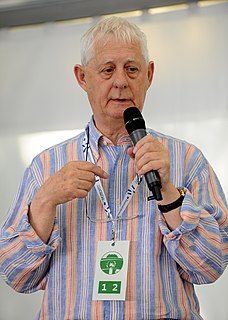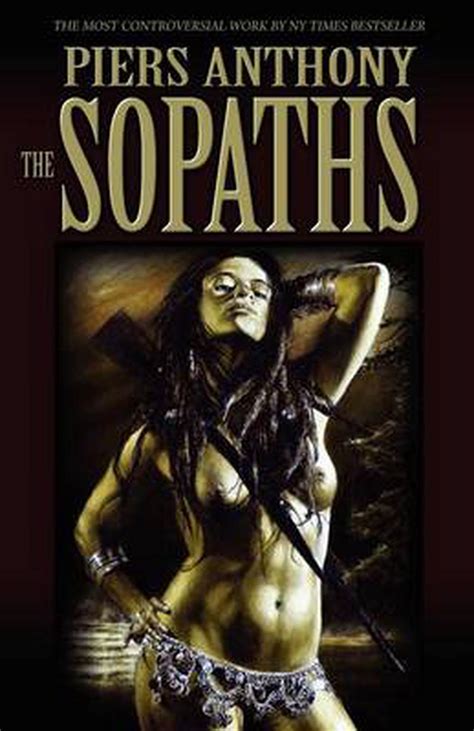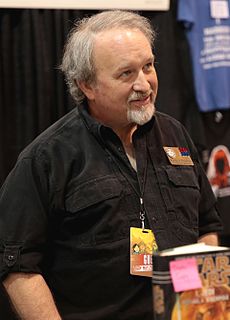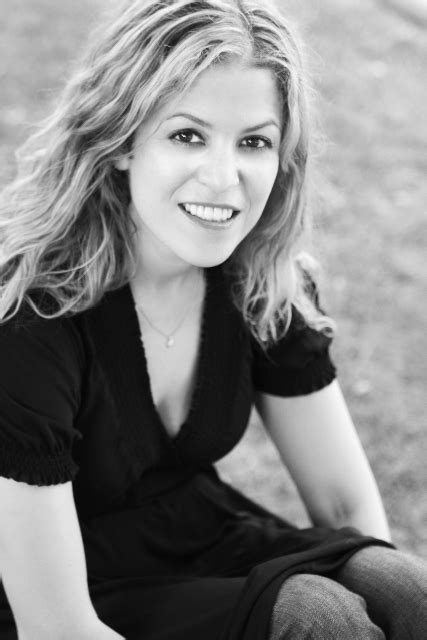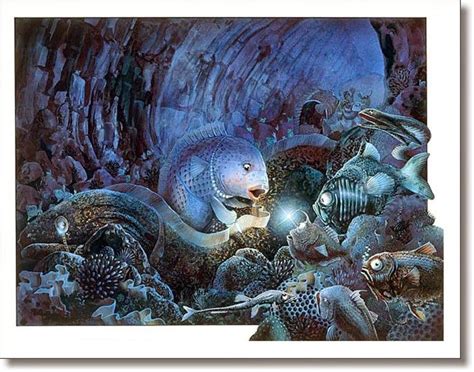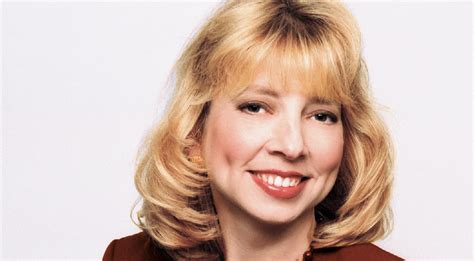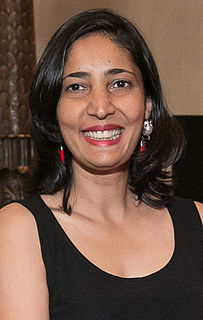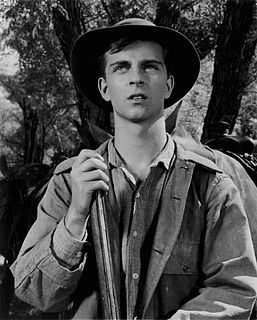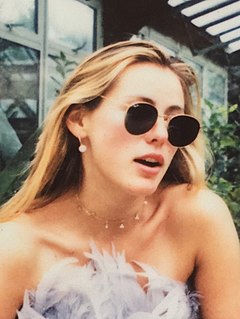Top 1200 Publishing Books Quotes & Sayings - Page 2
Explore popular Publishing Books quotes.
Last updated on April 20, 2025.
We need prizes as publishers... to focus attention on books, for people to know what to go look for. But often in my opinion and in probably everyone's opinion, the right books don't get chosen. Still we need books to be chosen even if they are not exactly the right ones, otherwise many people won't know what to read. As a publisher, I feel prizes are important for the publishing business. But as a writer, I think, writers shouldn't get too distracted by prizes because very often they don't go to the right person. You shouldn't take it too seriously if you haven't won a prize.
Indeed, being a beginner is very difficult right now. Book publishers are in a crisis, sales are dwindling, and publishing houses are losing money, doing their best to survive. It's a sign of the times, the emergence of new kinds of entertainment -- there's nothing we can do about it. I don't think books will perish for good. They could become less widespread, though, falling even further behind movies and computer games. But we shouldn't be afraid of this, because books will always remain the entertainment of choice for intelligent people, of whom there are still many in this world.
I was in the second year of my PhD when I first had the idea - I'd recently started working as a translator, which meant firstly that I was hearing about amazing-sounding books from other translators, and also that I was getting enough of an insider's view of the publishing industry to be aware of all the implicit biases that made it so difficult for these books to ever get published, especially if they weren't from European languages (harder to discover, editors can't read the original, lack of funding programmes, authors who don't speak English).
You know how some people are upwardly mobile? I'm sort of downwardly mobile in the publishing world, because of my sales figures and also because of the kind of books I write. Everything really counts on sales. I started out with a bigger press, my first few books. But I've always done some things with independent and small presses and small magazines and I always will.
Only idiots or snobs ever really thought less of 'genre books' of course. There are stupid books and there are smart books. There are well-written books and badly written books. There are fun books and boring books. All of these distinctions are vastly more important than the distinction between the literary and the non-literary.
The books in Mo and Meggie's house were stacked under tables, on chairs, in the corners of the rooms. There where books in the kitchen and books in the lavatory. Books on the TV set and in the closet, small piles of books, tall piles of books, books thick and thin, books old and new. They welcomed Meggie down to breakfast with invitingly opened pages; they kept boredom at bay when the weather was bad. And sometimes you fall over them.
With the publishing of The Basic Eight, it was often assumed that I was really immature and callow, and with the publishing of Watch Your Mouth, it was assumed that I was oversexualized, and with Lemony Snicket, it's often assumed that I'm erudite and depressed. But all the voices more or less came naturally to me.
Don't wait for success, but for the respect and interest of those who read you. At the start it could be a classmate, someone who shares your interests. Before sending off the manuscript for a novel to a publishing house, it would be a good idea to try writing short stories, and publishing them in a local magazine.

